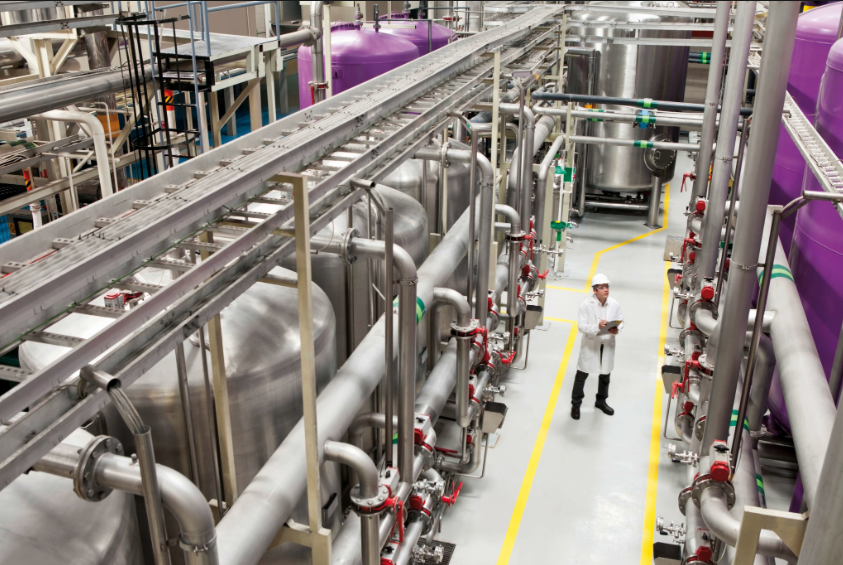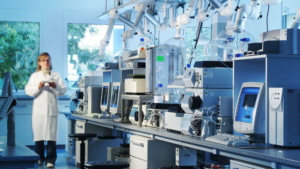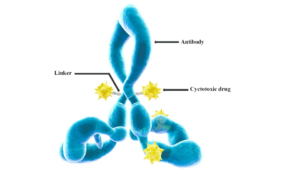
Bioeconomy: Germany to lose pole position
The German Bioeconomy Council said policymakers would risk Germany's leadership in bioeconomy if they don't capitalise on new technology options resulting from the ongoing merger of digital and bio-technologies.
In a policy paper, the Council members call for investments of at least €3bn over the next six years, more public engagement and political backing for new biotools to push next-gen industrial production.
In fact, Germany was the first country in the world to launch a national bioeconomy research strategy in 2011. Since then, more has happened politically in other countries. France, Finland, China and the US coastal regions are the new stars of the growing future market, which is currently driven forward by 50 states worldwide, the Council stresses. Germany will fall behind if politics does not act.
"Germany is to lose its leading position in the bioeconomy," warns Christine Lang, co-chairman at Bioeconomy Council, which advises Germany’s government in terms of how to switch to a sustainable, competitive, carbon-neutral industry production and agricultulture that persists climate change. It is important that the German government makes the country future-proof now, added co-chairman Joachim von Braun saying: "Bioeconomic innovation protects the environment, the climate and our resources."
The experts call for a modernization of the bioeconomy strategy that takes into account that digitization and biology will increasingly merge. Sequence-optimised bacterial production strains, designed by self-learning algorithms to synthesise products with completely new characteristics at high yields belonged just as much to industrial production 4.0 as genome editing and synthetic biology. The Council calls for the implementation not only of a digital but also biologic agenda and €3bn for project funding by 2024.
The Council, together with Germany’s advisory think tank High-tech Forum, advocates for measures that support investments in companies developing new technologies, which otherwise run out of steam on the route to the market. In addition, the bioeconomy should be more closely integrated into the sustainability strategy and progress should be documented systematically. Because of growing competition from overseas, a coherent EU bioeconomy policy has to preserve the value creation potential in Europe.
According to the Council, in Germany, the inherent potential of the bioeconomy is simply not adequately perceived by both investors and the public and is therefore grossly underestimated. The Council’s conclusion is in line with the results of the EU project Biostep, which assessed the best policy strategies to give the bioeconomy a boost (www.bio-step.eu). According to the recommendation of the Biostep consortium, the bioeconomy, which has so far been discussed almost exclusively in specialist circles, must finally take the step outside, engange representatives of civil society in research and communication in order to improve perception of bio-based products and processes by the consumer.
Bioeconomy policy elite in Berlin
An opportunity to renew Germany’s leading position in bioeconomy policy is offered at the Global Bioeconomy Summit in mid-April in Berlin. In addition to high-ranking representatives of the European Commission and the OECD, ministers and experts from the USA, Canada, China, Thailand, South America and Africa will be drumming into political, industrial and biodiversity lecture series for the bioeconomy, as well as fields of action such as environmental protection. balancing of interests with countries of the global South, communication and financing strategies. In addition, the implications of new technologies such as synthetic biology, genome editing or digitized sequence and gene expression data for the design of completely new processes and products will be highlighted. In the light of global competition, EU strategy chief Waldemar Kütt will talk about the renewal of the EU Bioeconomy Action Plan this year and a new co-investment fund for innovators. The EU has also lost time and energy in the global showdown on the subject of the bioeconomy. However, it seems important to be in a good position right now because investors will also be among the more than 700 guests of the Summit.


 Vetter Pharma
Vetter Pharma International Journal of Molecular Sciences, doi: 10.3390/ijms17040561 JO - s
International Journal of Molecular Sciences, doi: 10.3390/ijms17040561 JO - s